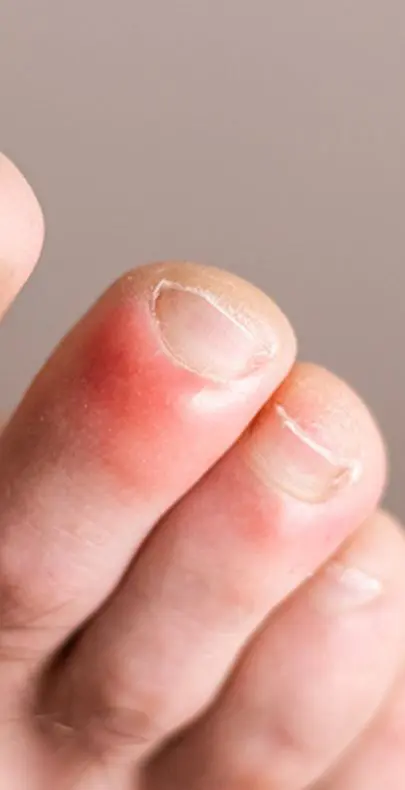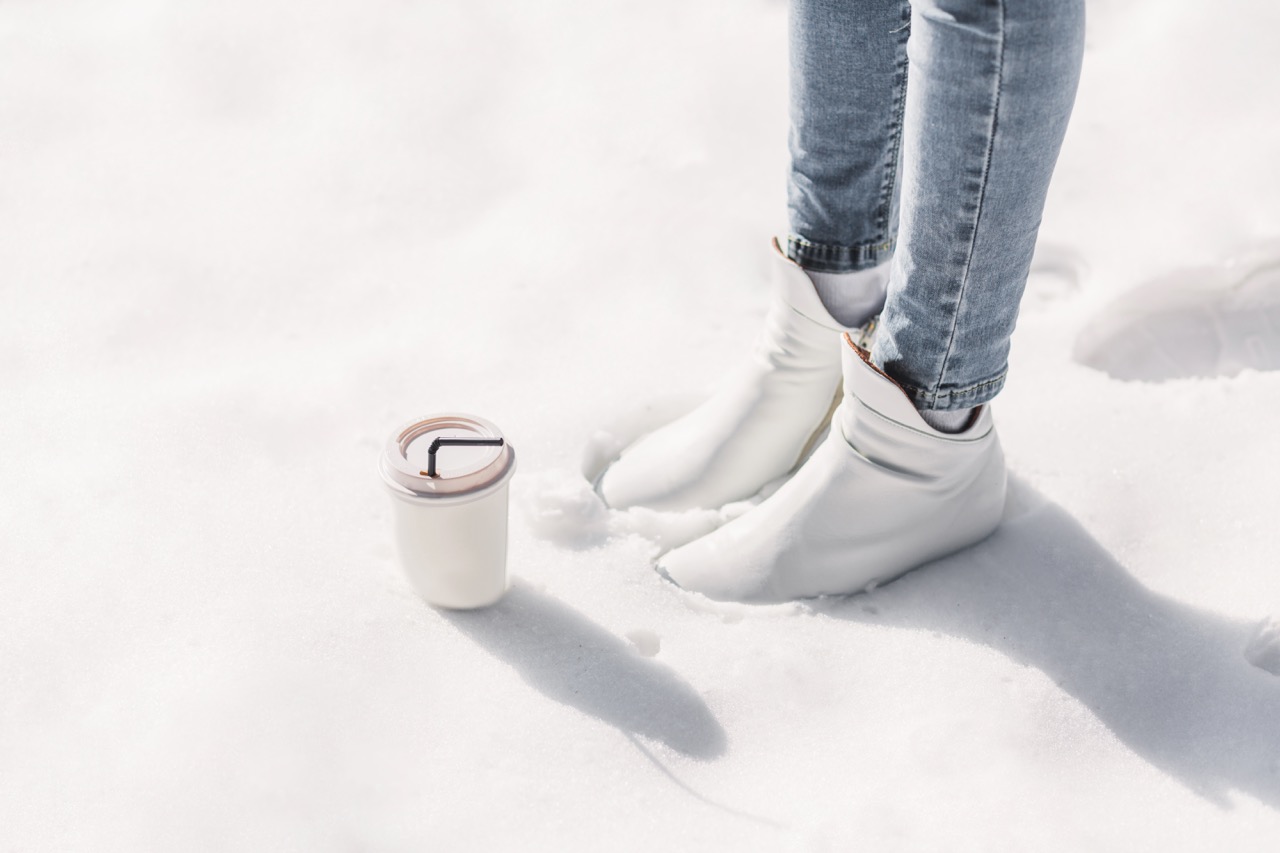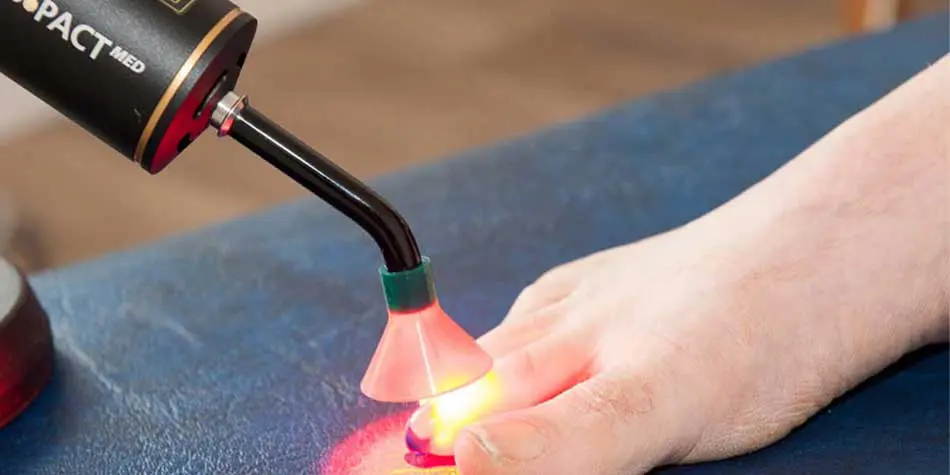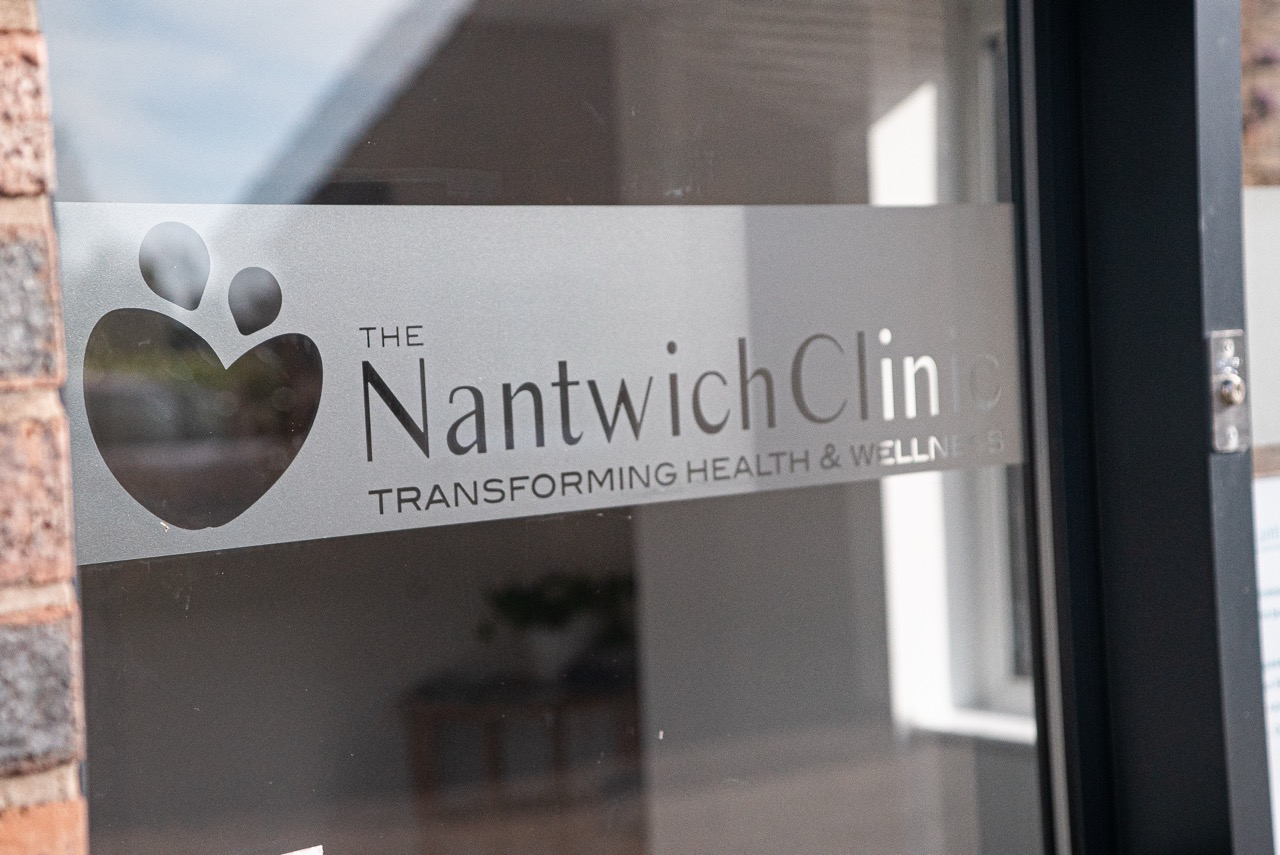Join The Nantwich Clinic Club to keep up to date with news and offers!
Sign Up
Chilblains are small, itchy, dusky red to blue, lozenge shaped swellings on the skin and can become increasingly painful. They can swell and then dry out leaving cracks in the skin, which expose the foot to the risk of infection. They occur particularly on the toes, but also on fingers, nose, and the lobes of the ears. They can also occur on areas of the feet exposed to pressure.
Chilblains are caused by the skin’s abnormal reaction to cold. Damp or draughty conditions, dietary factors and hormonal imbalance can be contributory factors. If the skin is chilled, and is then followed by too rapid warming such as next to a fire or hot water bottle, chilblains may result.
Chilblains present themselves when the body reacts too quickly to rapid temperature changes, in this case being cold and then reacting to a rapid warming effect.
If the skin is too cold, the blood vessels that are closer to the surface get narrower to try to keep the body warm. When this cold skin is then exposed to heat, the opposite happens and the blood vessels become wide again. If this is done too quickly, sometimes the blood vessels near the surface aren’t adequately prepared to deal with the increased blood flow which can cause the blood to leak out into the surrounding tissues.
This leakage is what causes the swelling and itchiness that is associated with chilblains.

With the onset of the cold weather, susceptible people will experience burning and itching on their hands and feet. On going into a warm room, the itching and burning is intensified. There may be some swelling or redness, and in extreme cases, the surface of the skin may break, and sores (ulcers) may develop.
Chilblains mainly affect young adults working outdoors in cold places, or people who do not wear socks or tights in winter. Elderly people, whose circulation is less efficient than it used to be, people who do not exercise enough, and those suffering from anaemia are also susceptible.
It can also present itself as a higher risk in people who smoke, due to the way that smoking has an effect on the constriction of the arteries.

By using a class 4 laser, we conduct light therapy to help treat the appearance and symptoms of chilblains. The light emitted during this therapy works to increase the diameter of the blood vessels surrounding the affected area, allowing for a greater volume of blood to reach the toes which helps the body to heal faster. This also stops the itching and irritation associated with chilblains, making them more manageable.
Laser light therapy is considered to be safe and has no side effects, meaning that it can be used to treat even the most fragile skin without causing any damage. Depending on the number of chilblains that are present, an appointment should take somewhere between 15-30 minutes to complete.
Book your Chilblain treatment appointment with The Nantwich Clinic by calling the number above.
Alternatively, you can use the link below to book online.

Whether it’s a quick question that you need to ask, or you would like to book an appointment with us, we want to hear from you. Simply click the button below to get started or contact us on 01270 627118.
